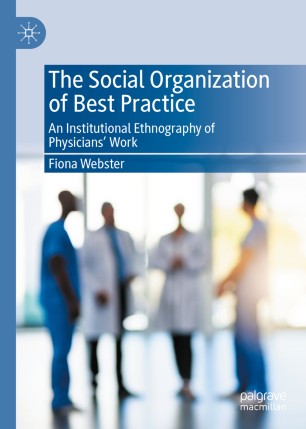

Most ebook files are in PDF format, so you can easily read them using various software such as Foxit Reader or directly on the Google Chrome browser.
Some ebook files are released by publishers in other formats such as .awz, .mobi, .epub, .fb2, etc. You may need to install specific software to read these formats on mobile/PC, such as Calibre.
Please read the tutorial at this link: https://ebookbell.com/faq
We offer FREE conversion to the popular formats you request; however, this may take some time. Therefore, right after payment, please email us, and we will try to provide the service as quickly as possible.
For some exceptional file formats or broken links (if any), please refrain from opening any disputes. Instead, email us first, and we will try to assist within a maximum of 6 hours.
EbookBell Team

5.0
28 reviewsThis book explores how best practice for acute stroke care was developed, translated and taken up in medical practice across various sites in the province of Ontario using institutional ethnographic research. Institutional ethnography, an approach developed by Dorothy E. Smith, builds on Smith’s understanding of the social organization of knowledge, allowing for an examination of the complex social relations organizing people’s experiences of their everyday working lives.
This work thereby makes visible some of the assumptions and hidden priorities underlying the emphasis given to translating scientific knowledge into medical practice. In this study, the discourses of both evidence-based medicine and knowledge translation, purportedly designed to improve patient care, come into view as managerial tools that directed healthcare resources toward academic hospitals rather than community sites where the majority of patients receive care. These models institutionalize inequities in access to care while claiming to resolve them.